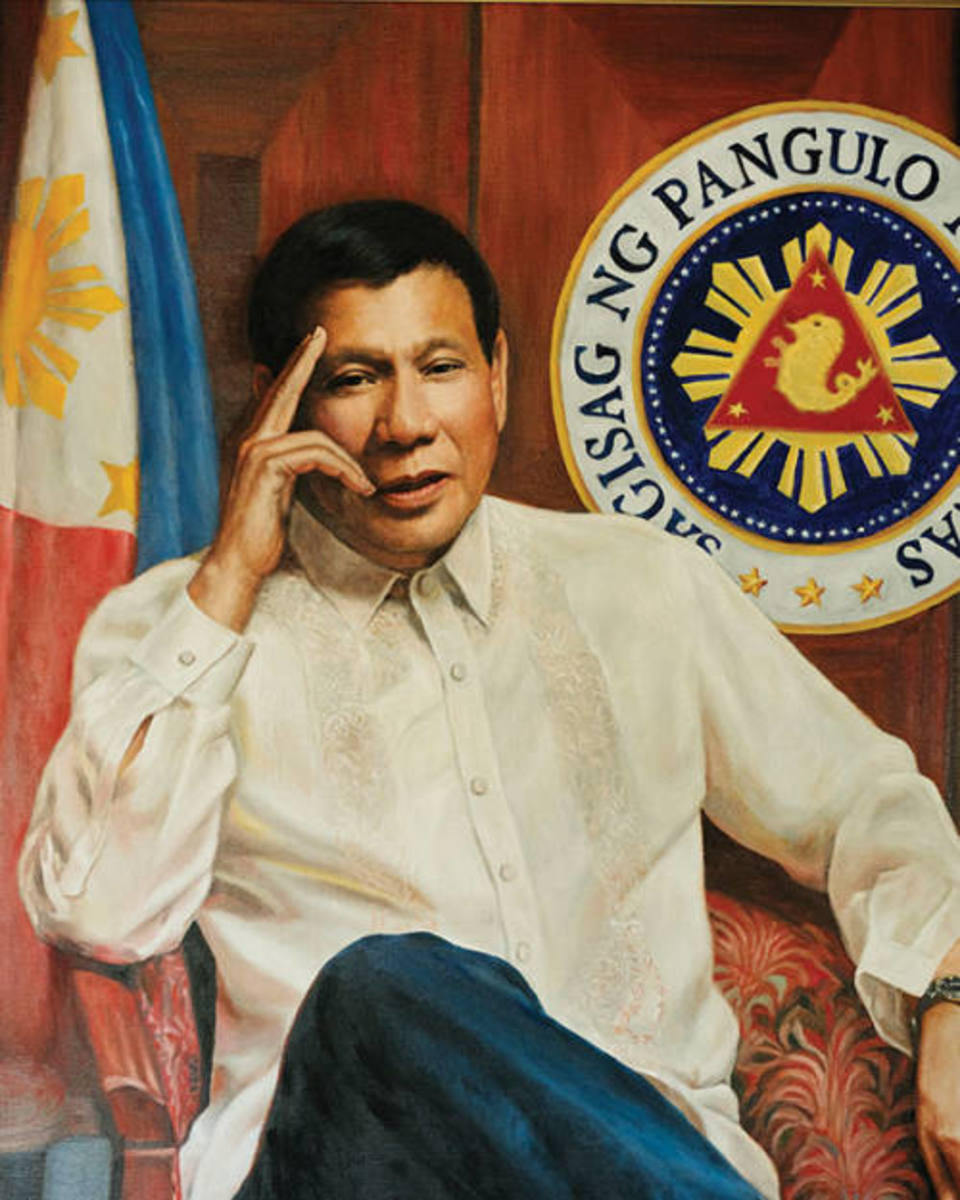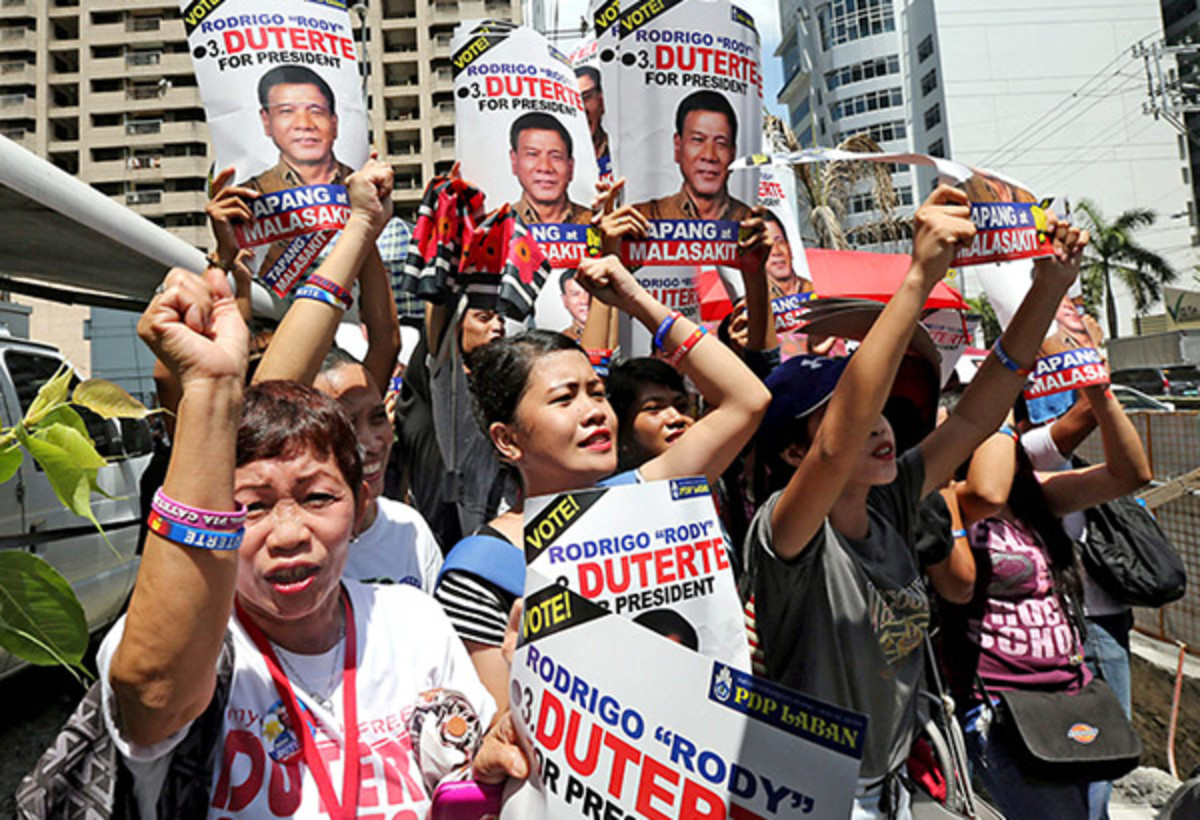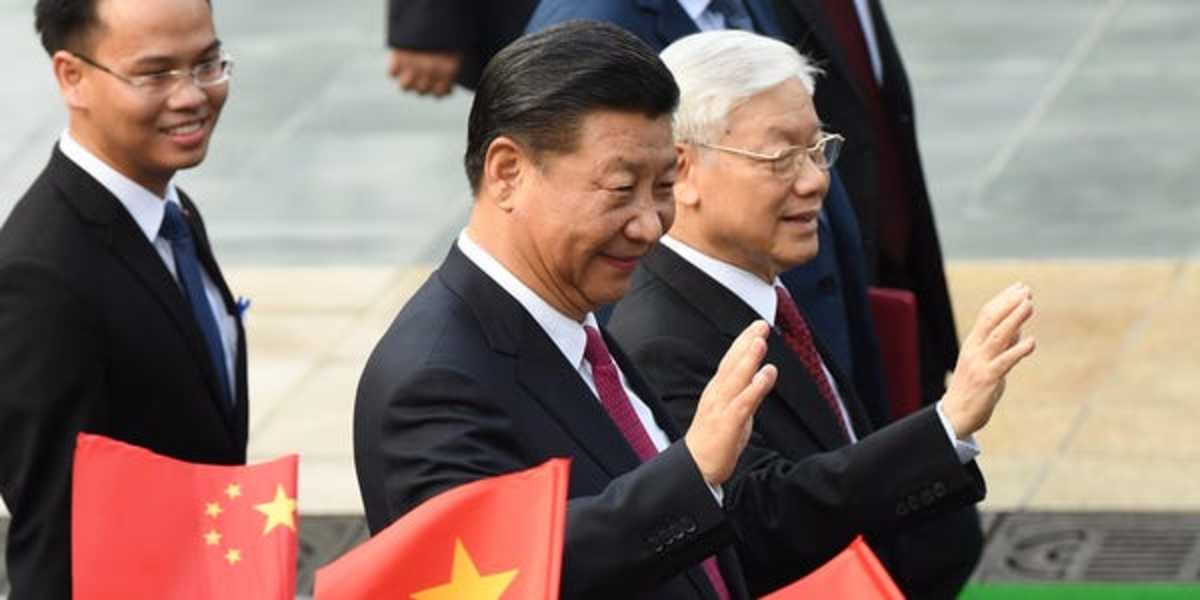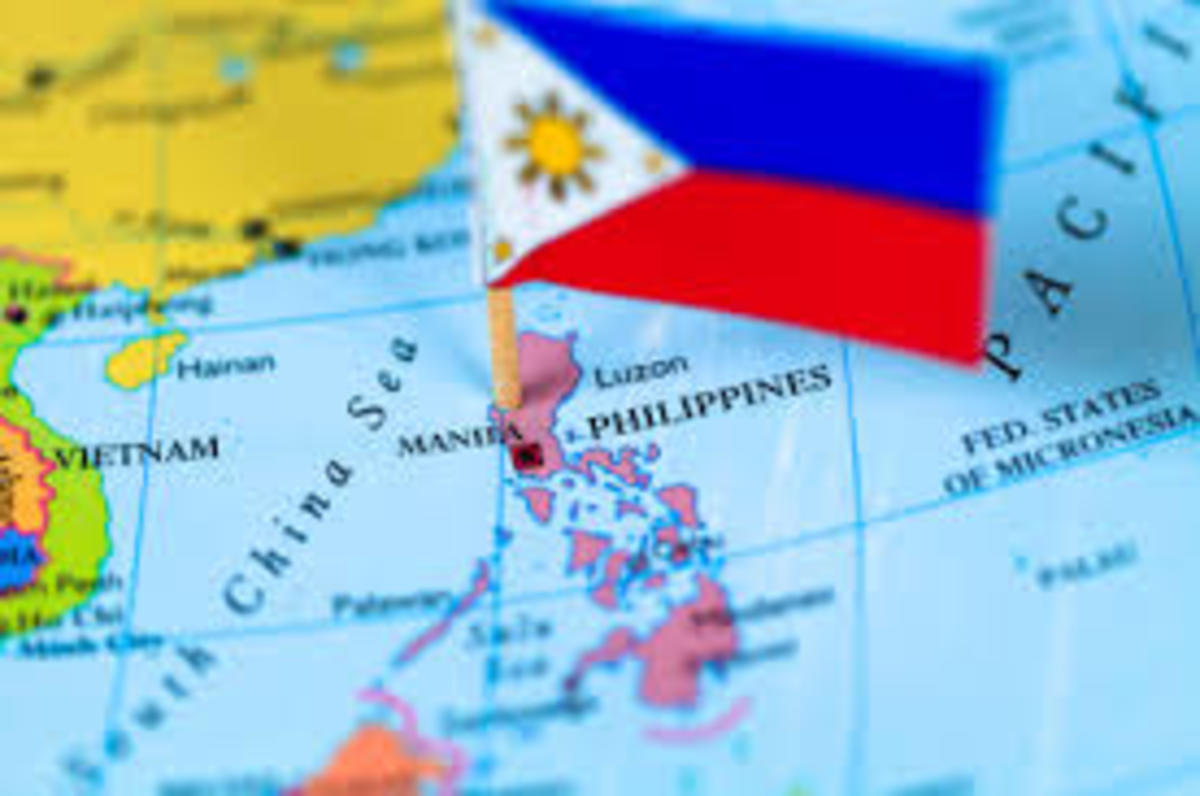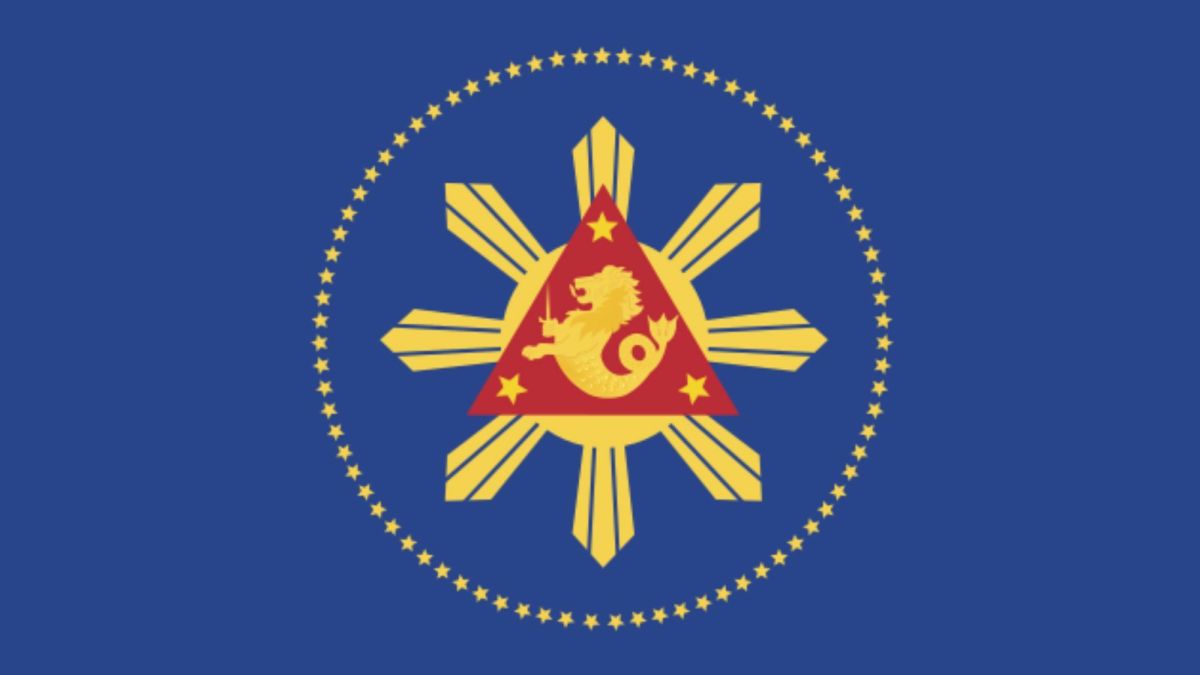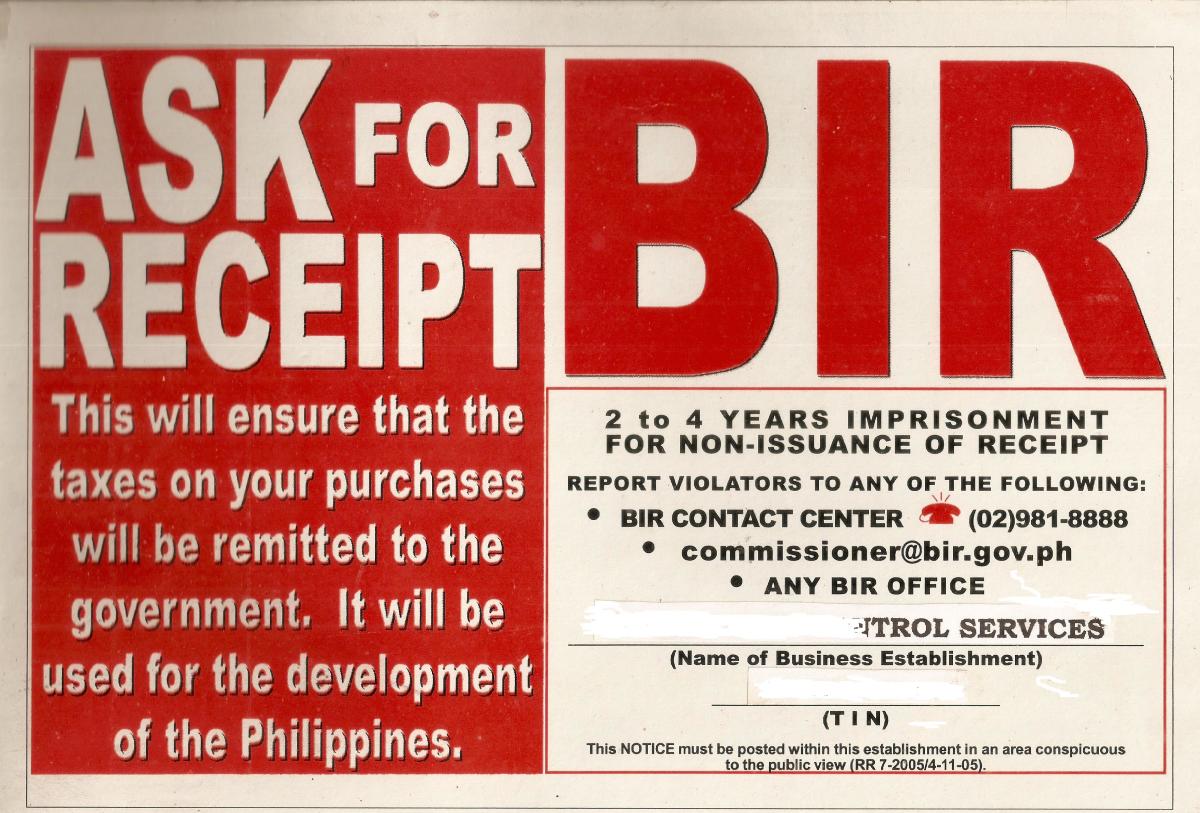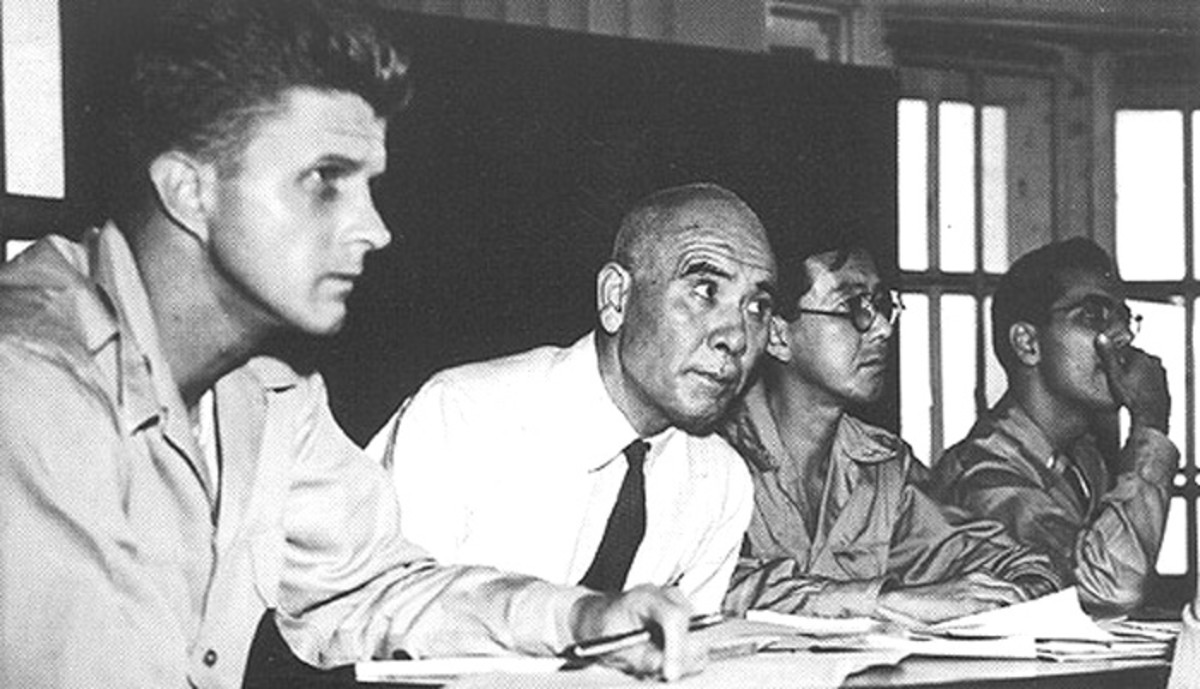The Philippines Pivot to China and Russia
Philippine and Chinese Presidents
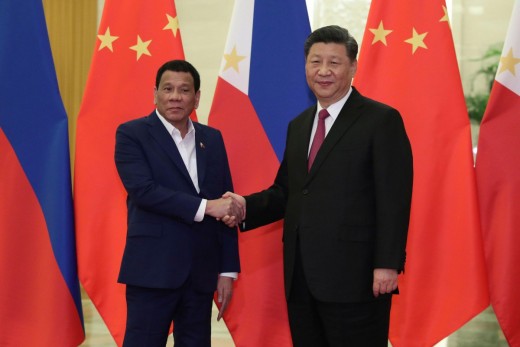
The Philippines Pivot to China and Russia
Friendship and alliance are two important aspects of relationships that many people and nations long for. The ideology that someone will help another in times of crisis and chaos is a beautiful feeling and assurance that no matter how difficult circumstances may be, there is a safety net and a hand ready to be of service. The same idea of mutual trust and respect with an end of reciprocity and loyalty are some of the benefits afforded by and expected from friendship and alliances. Loyalty and trust can only be tested during moments of great controversy and crisis to which one or both parties in the relationship hope that neither have to ask, request, or beg for support or assistance. However, when the perceived benefits are no longer felt or delivered, the relationship is in jeopardy. This is the case of how and why the Philippines decided to pivot away from the United States (US) leaning toward China and Russia
The Mutual Defense Treaty That was not Mutual
The US and the Philippines have a mutual defense treaty that states that when one is at war, the other will come to its aid. Since its signing following World War II, the Philippines albeit small and often ill-equipped with advanced military weapons and gears, have often been seen alongside their American GIs in combat may it be in Korea, Vietnam, or Iraq? However, for the US, the loyalty and alliance in the treaty were tested when the Philippines was almost on the brink of war with China following the dispute in disputed clusters of islands in the South China Sea. Philippine President Rodrigo Duterte stated that the problem with the treaty was that there was no guarantee that the US would come to its aid in the advent of war because the US president can use his veto power to nullify the vote of Congress, choose not to vote for the aid, or the Congress may opt not to help its allies. Duterte also emphasized that even if the vote will be to help the Philippines, the entire process would take at least a month to do which would then be too late for the Philippines. This is also seen as having a double standard according to Duterte. Similarly, the treaty prohibits the Philippines from buying any military technology, armaments, and agreement with other nations since establishing relationships with countries that the US does not see as allies serve as a violation of trust and loyalty (Salamat, 2011). In a bid to bolster old ties with Russia, Duterte met with Russian President Vladimir Putin and Chinese President Xi Jinping at the Asia-Pacific Economic Cooperation (APEC) Summit on November 19, 2016, in Lima, Peru marking the official pivot of the archipelago towards its other big and powerful neighbors and friends (Jumilla, 2016).
The Meddling with the Philippines’ War on Drug
The Philippine President has refused numerous international loan grants and aid from the United Nations (UN), the US, and the European Union (EU) because the three organizations have included clauses in their loans that criticize the Philippines’ war on drugs. Duterte stated in both local and international news agencies that he will not give in to demands of foreign organizations branding police and military operations against prohibited drugs as extra-judicial killings. The supposed ‘conditional’ loans such as the $300 million from the EU alone are viewed as a form of leverage to meddle in the affairs of the Philippine government according to the president and therefore must be avoided altogether. As the UN condemns the ‘apparent endorsement of extrajudicial killings,’ the Philippines continues to distance itself from its previous allies joining China and Russia’s free and detached stand on the domestic policies of its allies. Although the Philippines’ position on the war on drugs remains firm, the US, World Health Organization (WHO), Australia, and Japan continue to give international aid to the country (Blanchard, 2016).
Opening a Gateway into Central Asia
The Philippines' bid to establish stronger connections with China and Russia is a springboard towards having more opportunities to also develop relationships with other Asian countries isolated by the binding agreement with the US. Some of these Central Asian countries which have never had any relationship with the Philippines are Turkmenistan, Kyrgyzstan, Uzbekistan, and Tajikistan. Also, these countries serve as gateways to other parts of Europe and Asia and with the current “Silk Road’ project of China, the Philippines believes that it will benefit from being access to this corridor once it is operational. The high demand for human labor can be one of the best offerings which Filipinos can make money from and only by establishing relationships with China and Russia can this chance be made available (Adducul, 2017). For the Philippines, the benefits of employing as many Filipinos as the Central Asian nations demand and the economic-political advantages afforded by the new alliance with China and Russia are better than the treaties which the US and its allies have to offer so much so that Duterte had to call Obama a ‘son of a bitch’ and his rhetoric ‘we will not go to America anymore. We will just be insulted there’ (Cabacungan, 2016) are only proof that he is sure about the Philippines' move to distance away from the US and venture into other relationships with other nations.
Conclusion
The Philippines will continue to establish new relationships with other countries while maintaining its ties with the US. Current US President Donald Trump has expressed hope and has extended his friendship and partnership to the Philippines stating on numerous occasions on international media that he is sad and it is a loss for the US to lose such an ally as the Philippines has always been. At the moment, the Philippines is also currently improving its bilateral agreements with China and Russia.
References
Adducul, A. M. (October 2017). Russia and China: Gateway to Fostering Philippines – Central Asia Relations? Center for International Relations & Strategic Studies (CIRSS). Retrieved from: http://www.fsi.gov.ph/russia-and-china-gateway-to-fostering-philippines-central-asia-relations/
Blanchard, B. (2016, October 20). Duterte aligns the Philippines with China, and says the U.S. has lost. Retrieved December 1, 2018, from https://www.reuters.com/article/us-china-philippines/duterte-aligns-philippines-with-china-says-u-s-has-lost-idUSKCN12K0AS
Cabacungan, G. C. (2016, September 28). Duterte seeks alliances with China and Russia. Retrieved December 1, 2018, from https://globalnation.inquirer.net/145595/duterte-seeks-alliances-with-china-and-russia
Jumilla, L. (2016, November 24). Duterte’s pivot to China, Russia good for Philippines: Analyst. Retrieved December 1, 2018, from https://news.abs-cbn.com/focus/11/24/16/dutertes-pivot-to-china-russia-good-for-philippines-analyst
Salamat, M. (2011, September 23). After 60 years, the US-RP defense pact 'proved useless, disadvantageous to the Philippines'. Retrieved December 1, 2018, from http://bulatlat.com/main/2011/09/16/after-60-years-us-rp-defense-pact-proved-useless-disadvantageous-to-philippines/

